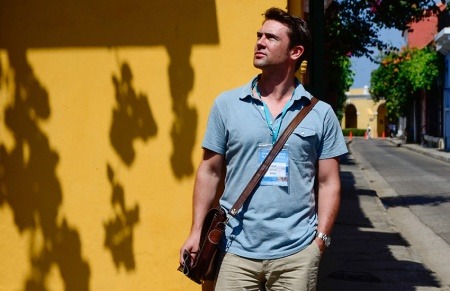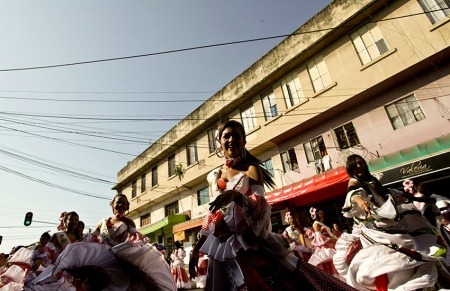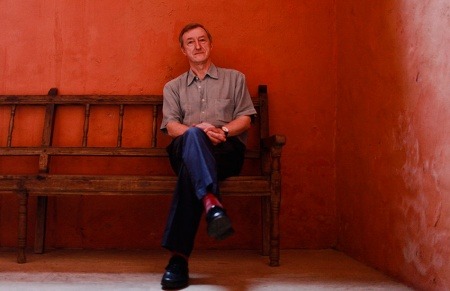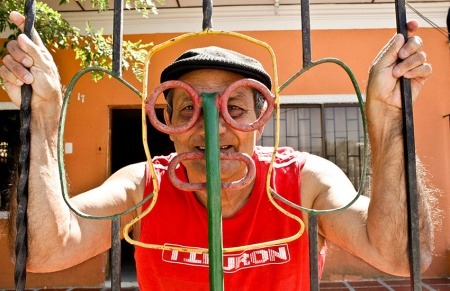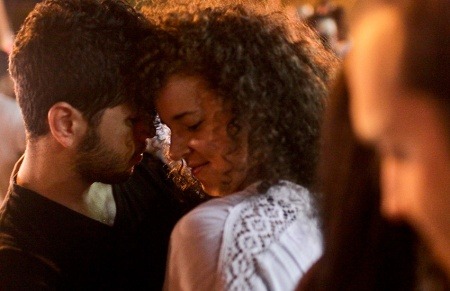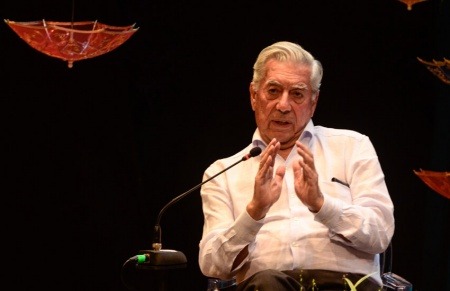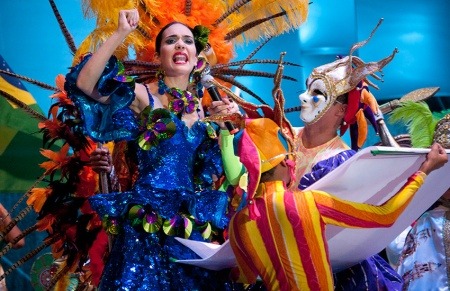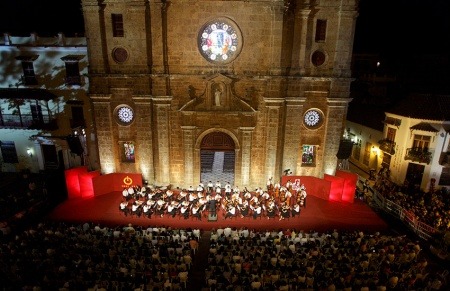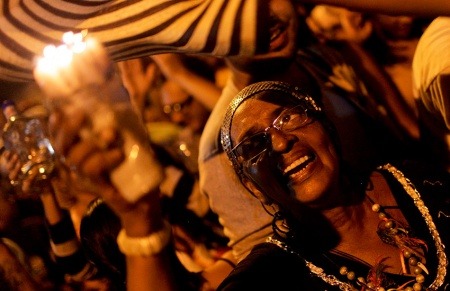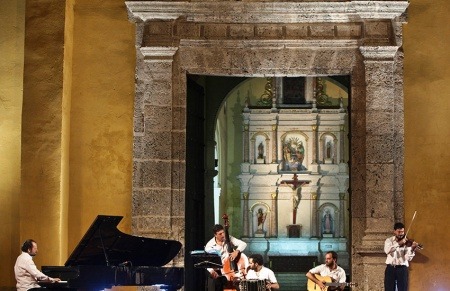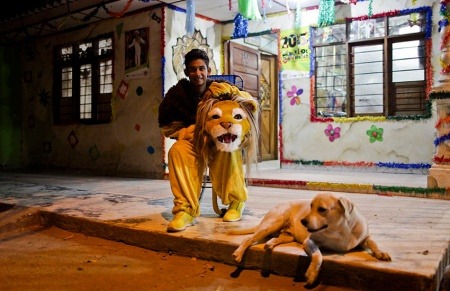The American alternative cartoonist and illustrator was fully aware of the harsh lens under which literature lovers have viewed his book. People tend to dislike a newer version of something they’ve grown to admire. “Who is this man tampering with Kafka? How dare he? I know people had thought of my book like that before they read it. It’s natural. Personally I didn’t get around to thinking too hard or I wouldn’t have done it. I went with my instinct.”
Sheers and the director, Stephen Rayne, traveled around the UK, visiting barracks, personnel recovery units and rehabilitation centers. “We became well-acquainted with the names of certain drugs, types of prosthetics, military jargon”, wrote Sheers in The Guardian. Even before he interviewed the soldiers, Sheers wrote the humorous “medication song”, a list of medication – ibuprofen, paracetamol, omeprazole, esomeprazole, fluoxetin, citalopram – representing their addiction to drugs prescribed for their physical and psychological trauma.
What I loved about the carnival fervor was the way that it touched every corner of the city. Although everyone, rich and poor, criticized it roundly for becoming more commercial with each passing year – “Now it’s all about TV cameras and big carriages and big balcaos and girls with big boobs,” one young girl told me angrily – no one can imagine life without it.
When The Sense of an Ending won the Booker Prize in 2011, Salman Rushdie tweeted: “Congratulations to #JulianBarnes on winning the #Booker. Long overdue, my friend, Bravo.” Barnes has been a Booker bridesmaid three times, so Rushdie’s sentiment was amply shared by all those who have enjoyed Barnes’ cool and erudite prose and been unsettled by it.
The picturesque scenery of Barranquilla sets the stage to the origins of the Marimonda (which translates as ‘monkey’), dated a hundred years back. According to Paraguita, in the anecdote popularly known in the city, he explains, a poor man once dressed up in an upside down jacket and unfashionably oversized tie, with a large nose and ears made of socks, to make fun of the wealthy class.
Valderrama was probably Colombia’s most recognised football star with his distinct mane of yellow, curly hair. Massive. It was the curls that inspired Karilyn. Her naturally curly hair, which she shares with her sister, has been made fun of in a light way by her friends so she decided to use the Valderrama look to get back at them. Simple for Karilyn. Not so for her sister.
The Teatro Adolfo Mejia, splendid in all its glory, was a fitting setting for one of the biggest events of the Hay Literary Festival in Cartagena. It was packed full, all four rows of balcony included, and when the Nobel and Booker laureates mounted the podium, there was a resounding applause for them.
The Luna Abril is full of people listening to the proclamation of the queen, the bando that opens the Carnival officially, at least now for the Disfrazate group.
In the historic center, in the inner court of the Hotel Santa Teresa, where colonial style furniture is accompanied by an impressive amount of tropical plants, Julia Salvi explains their story with a vivid look. With her Italian husband, Victor Salvi, a harpist and a luthier, they accomplished their dream when they found Cartagena de Indias with the perfect conditions of a festival city and founded their classical music festival opening a new world for Colombians who have such a strong tradition of popular music, or “musica popular”.
The cumbia is Colombia’s proudest export, a propulsive four-four beat that emerged from the rural areas surrounding the Magdalena river, Colombia’s Mississippi.
Schissi is one of the most skillful and celebrated interpreters of the Argentine cultural inheritance working today. Still, it’s difficult to imagine a more polarizing performance at the Seventh International Music Festival in Cartagena, Colombia than his.
The Italian cellist Mario Brunello reveals the two keywords that support his special relationship with nature.
It was the 1960s and women in Colombia weren’t permitted into popular parties. Although they danced at carnival time which hosts the biggest carnival in the Caribbean region, the social structure was such that women barely had a voice in society, let alone a place in public parties – a scenario that peeved this woman the most. After all, it had been several years since she started voting but public parties still had no place for her and other Colombian women.
Whatever the costume, the carnival will overwhelm the whole Barranquilla, the largest port city in Colombia, where the advantage of Caribbean, mix of cultures and nationalities have developed a strong carnival tradition.


